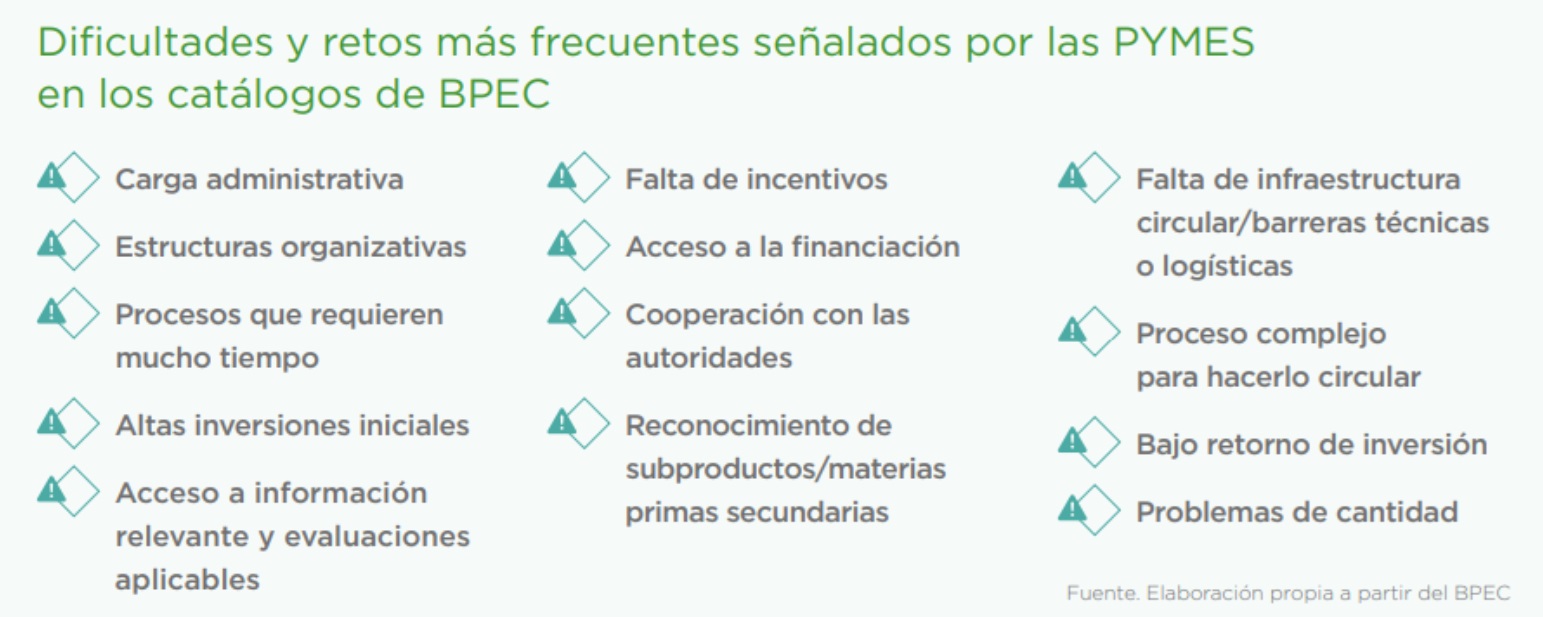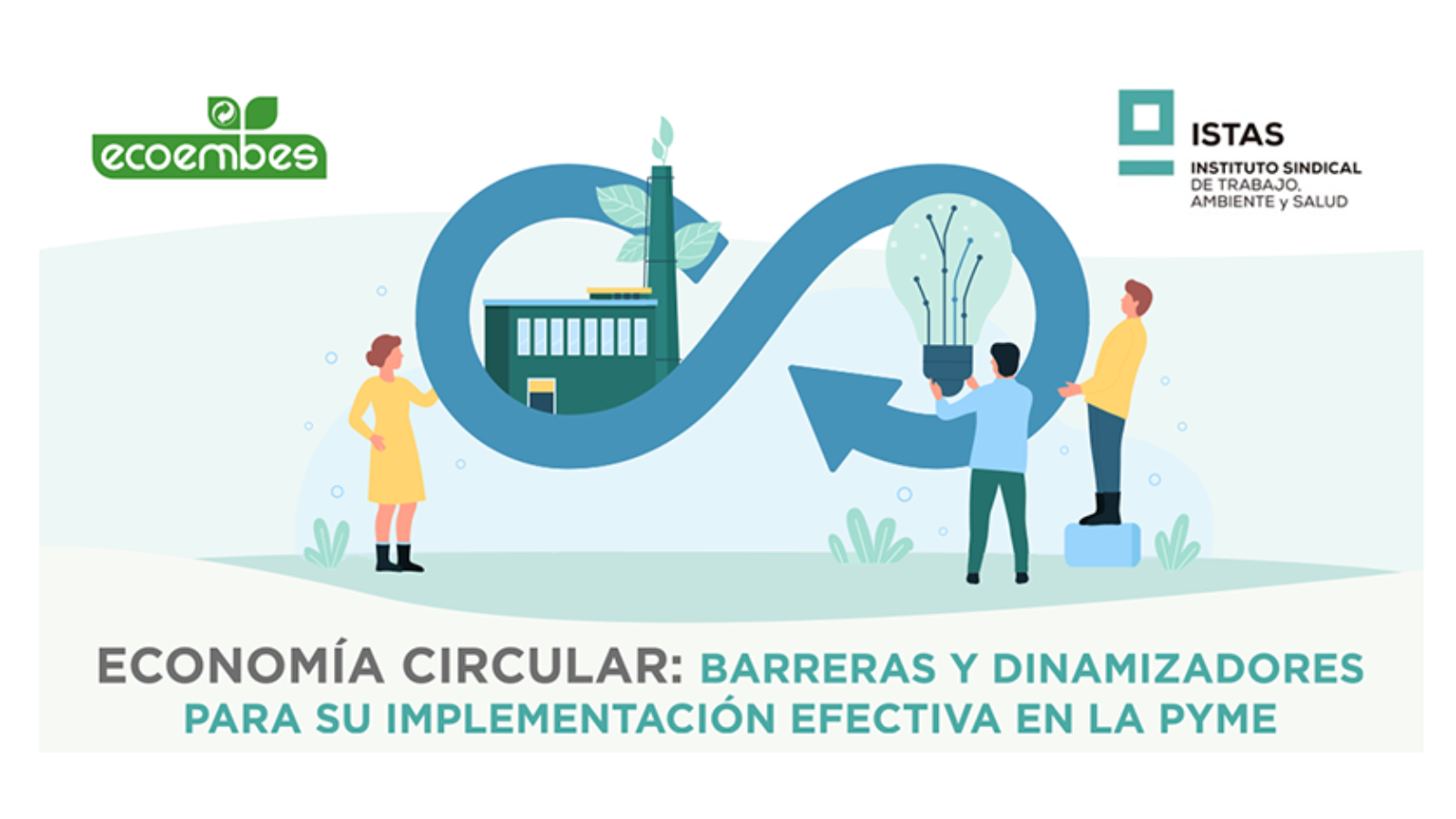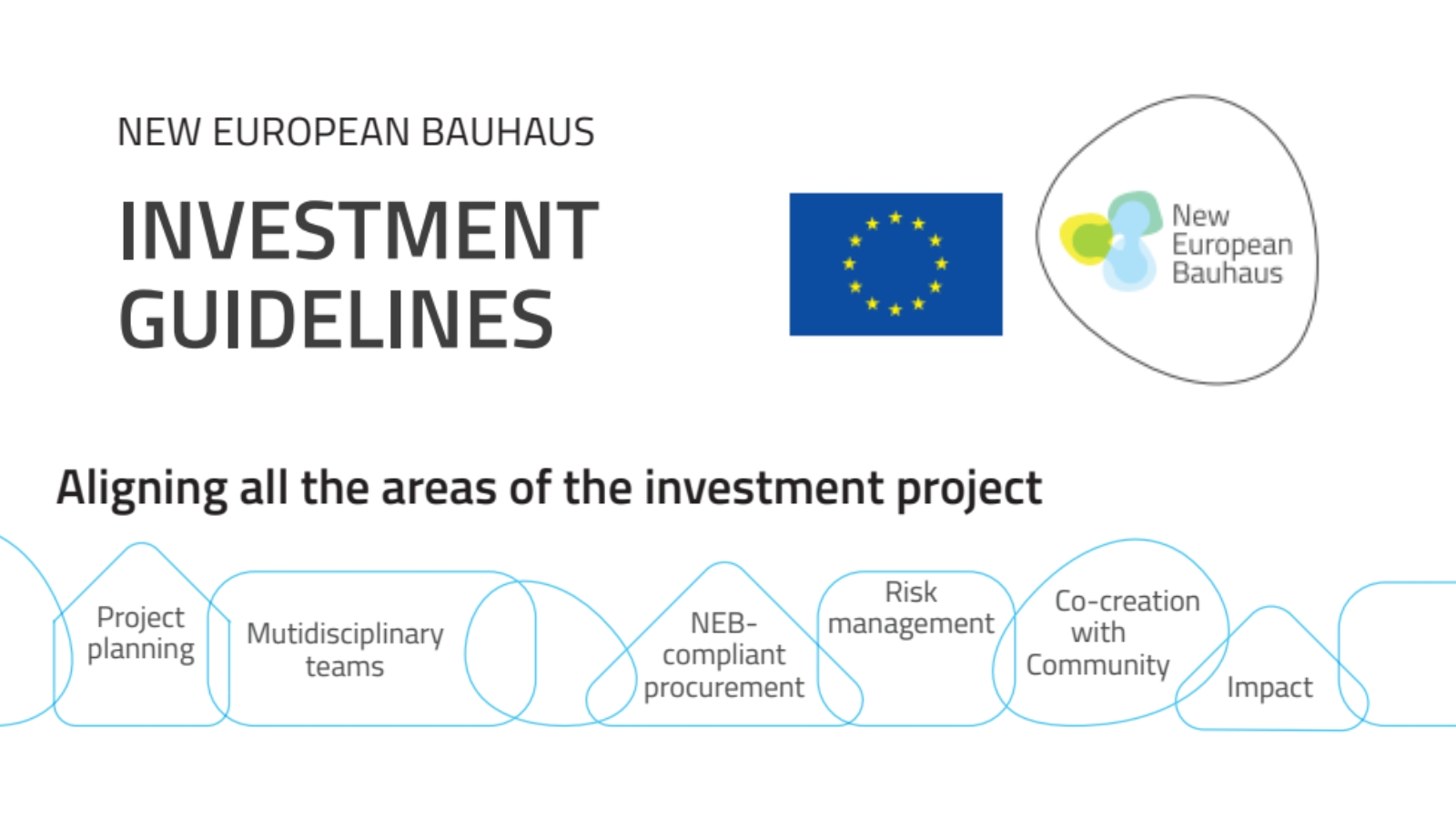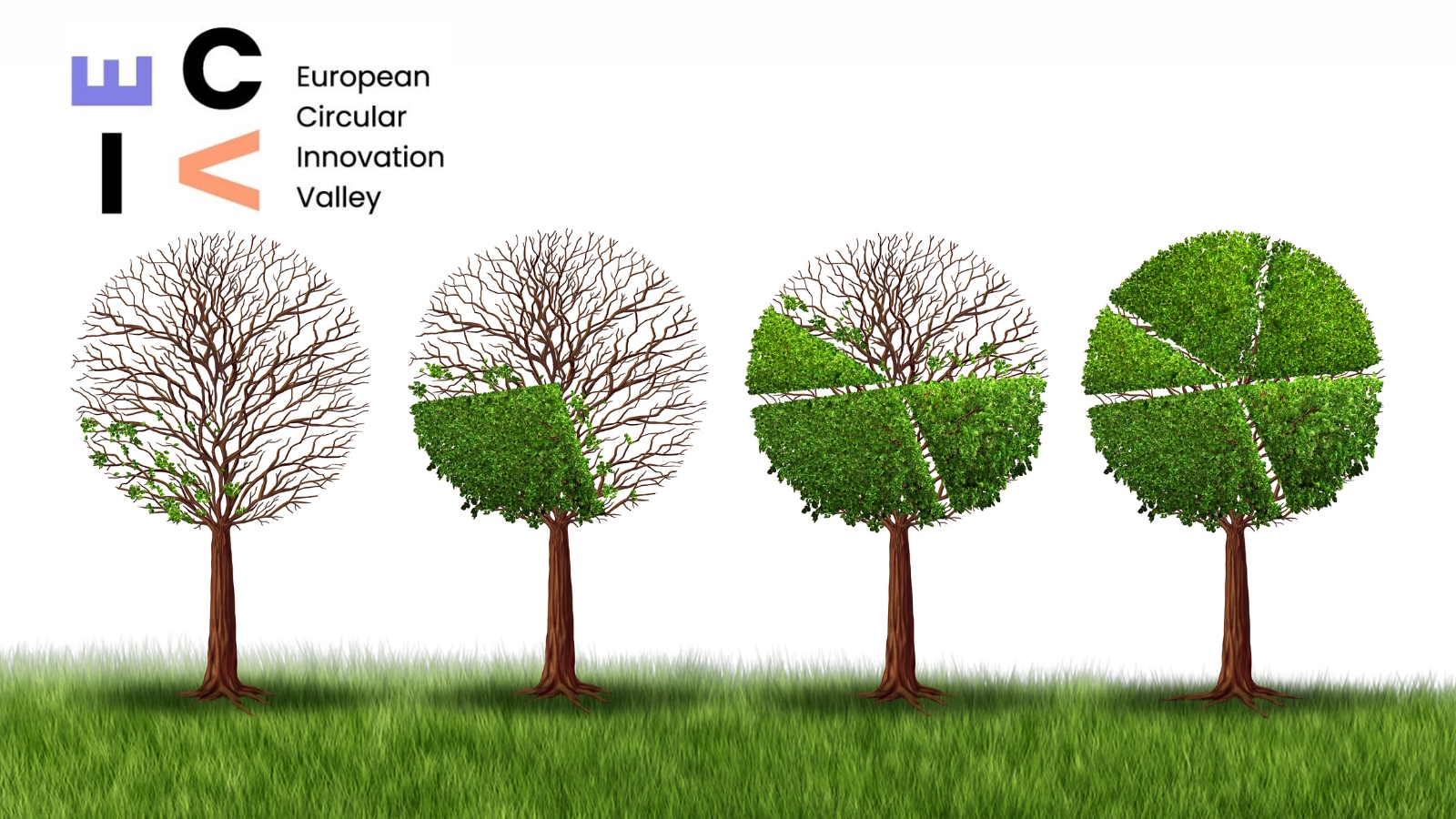The Instituto Sindical de Trabajo, Ambiente y Salud de la Fundación 1º de Mayo (F1M-ISTAS) of CCOO and Ecoembes, the non-profit organisation that cares for the environment through the recycling and eco-design of light household packaging in Spain, today presented the study ‘Economía circular: barreras y dinamizadores para su implementación efectiva en la pyme’ (Circular economy: barriers and drivers for its effective implementation in SMEs). The document analyses the main difficulties faced by small and medium-sized enterprises on their path towards circularity and the factors that drive this unavoidable transformation towards a sustainable production model.
The study is a complete x-ray of industry in the face of the challenge of change, and concludes that the SMEs that position themselves first and best in the circular economy model will have competitive advantages, but on their own have little capacity for adaptation. The document proposes fostering inter-firm cooperation and promoting environments that favour interaction between SMEs, thus lowering the barriers to innovation and investment.
The Secretary of State for Employment and Social Economy, the Spanish Confederation of Small and Medium Enterprises (CEPYME), the International Labour Organisation (ILO) and the Biodiversity Foundation have been key informants in the preparation of the study. In addition, some of these organisations participated in the presentation of the study by sharing their thoughts on the situation of SMEs in the face of the challenge of the circular economy.
What is holding SMEs back?
Among the main barriers to the transition of SMEs to the circular economy, the study highlights the lack of information on the circular economy and its impact on the environment, as well as economic obstacles, based on the scarcity of financial resources, the difficulty of accessing public aid or the perception of environmental issues as something costly with few benefits. Other barriers are related to the very structure of SMEs, which lack the necessary resources such as personnel, training or innovation.
The presentation stressed that society needs the involvement of SMEs because of their relevance in the economic fabric. In Spain, more than 95% of companies are small and medium-sized and generate 90% of employment. The immediate challenge for SMEs is to overcome the difficulties and face the changes demanded by society.
For this reason, the study identifies the main drivers for the transition to the circular economy in SMEs, centred on a boost in environmental regulations and public policies that promote sustainability, access to public funding such as the European Union’s Next Generation funds, and pressure from markets, consumers, companies, customers and supply chains that push them to adopt circularity.

Opportunities for employment
The opportunity for employment that the implementation of the circular economy in SMEs represents has also been highlighted. This change of model can be translated into the creation of new jobs and the transformation of some profiles to adopt a new mode of production. Throughout this process, training will play an essential role in providing new skills to workers, who can play a very active role in the transition towards circularity.
Cooperation: essential for progress
Begoña de Benito, Director of External Relations and ESG at Ecoembes, explains that “the transition towards the circular economy must be ecological, of course, but also fair. We cannot leave anyone behind, especially small and medium-sized enterprises which, by their nature, need greater support”. “This study aims to help them identify actions to initiate change, heavily reliant on collaboration. Because without cooperation it is not possible to move forward”, concluded Virginia Moreno Medina, Institutional Relations of Ecoembes, also stressing the importance of the participation of key institutions in the study.
For his part, Vicente López, Director of the 1º de Mayo Foundation and ISTAS-F1M, stressed that “support for small and medium-sized enterprises will be essential if we want the process of ecological transition and, specifically, the change from a linear production model to a circular model, to be successful. However, this dynamisation cannot be “individualising” but must be built in environments that strengthen the interrelationship and cooperation between SMEs, reducing the obstacles to productive innovation and investment”.









